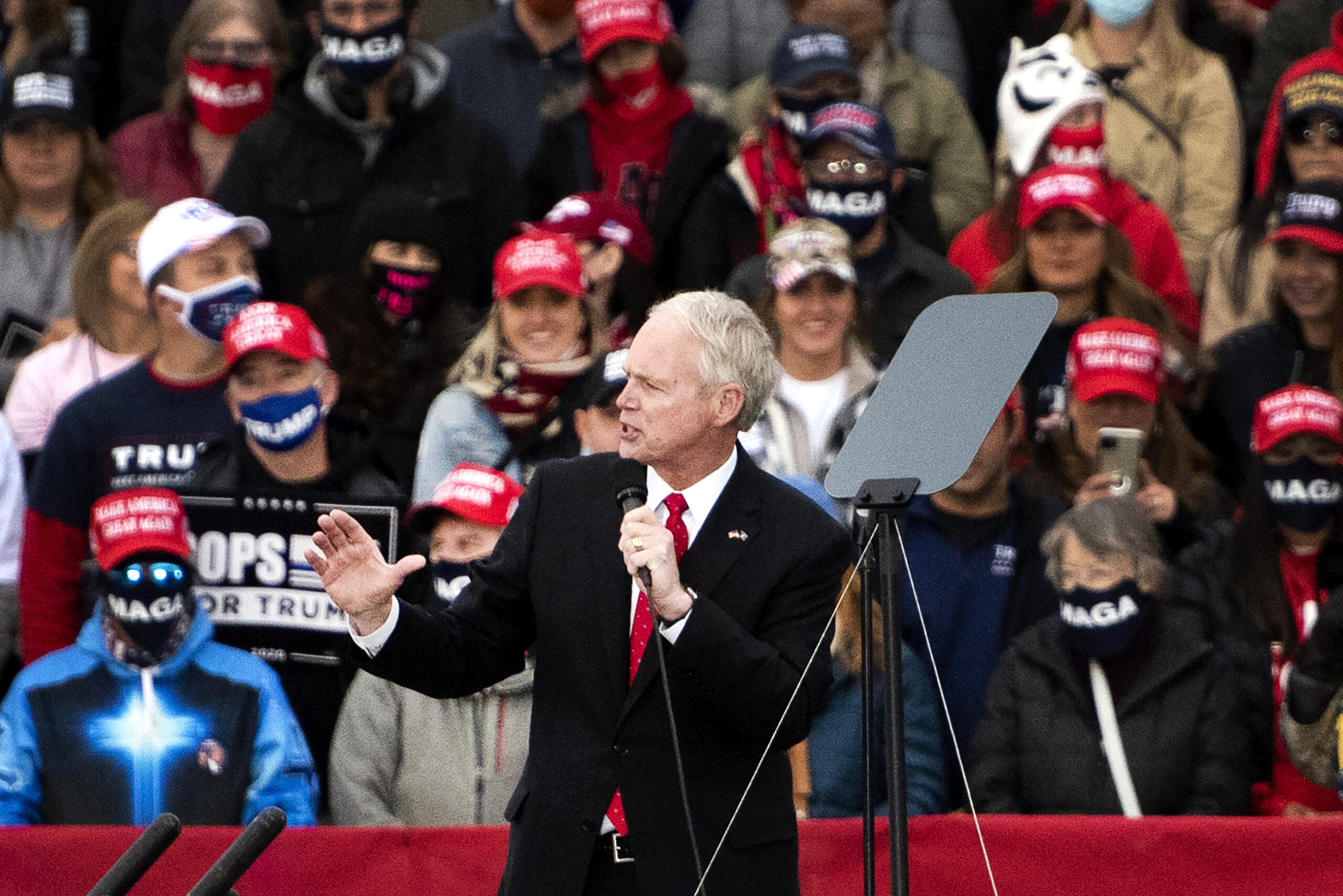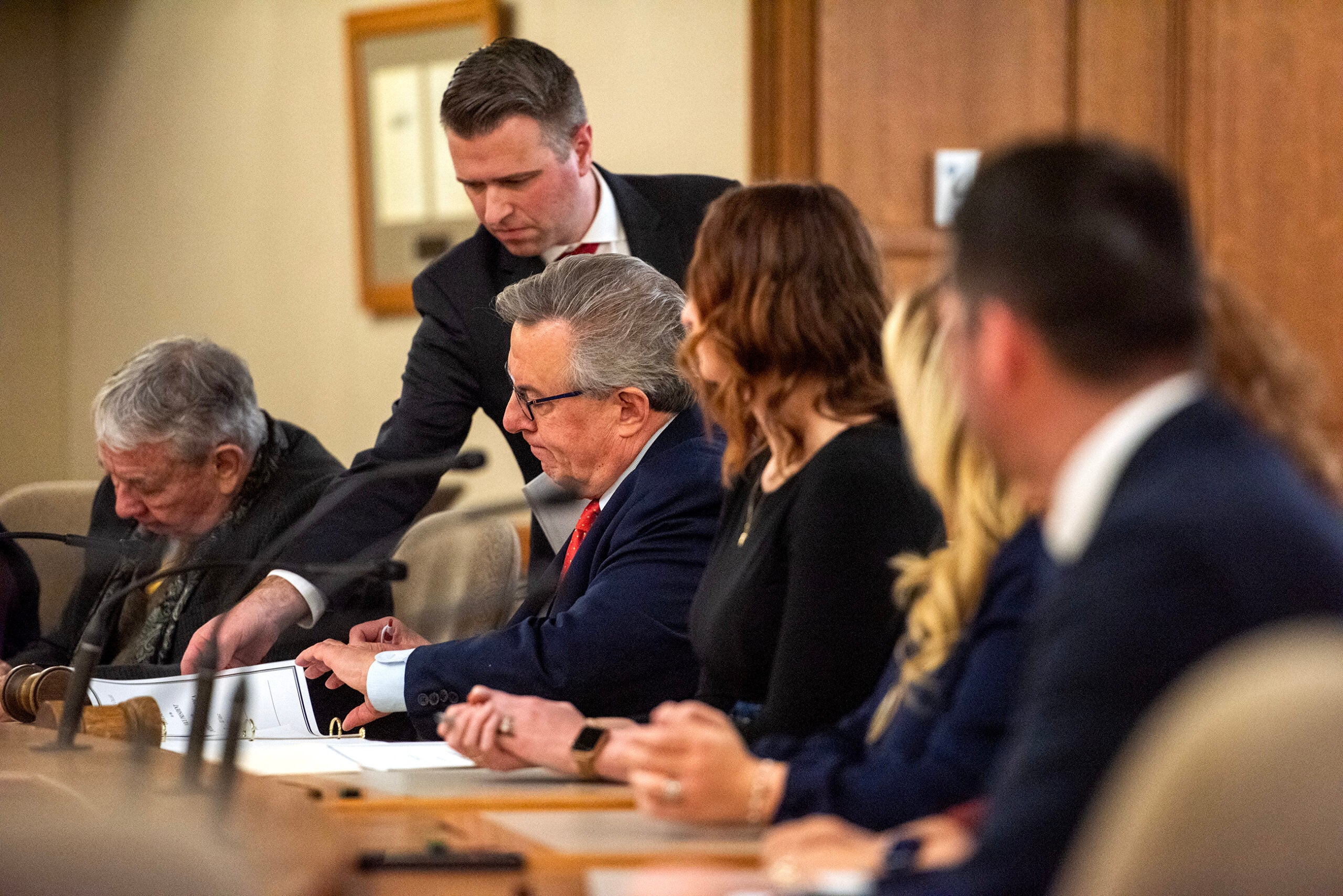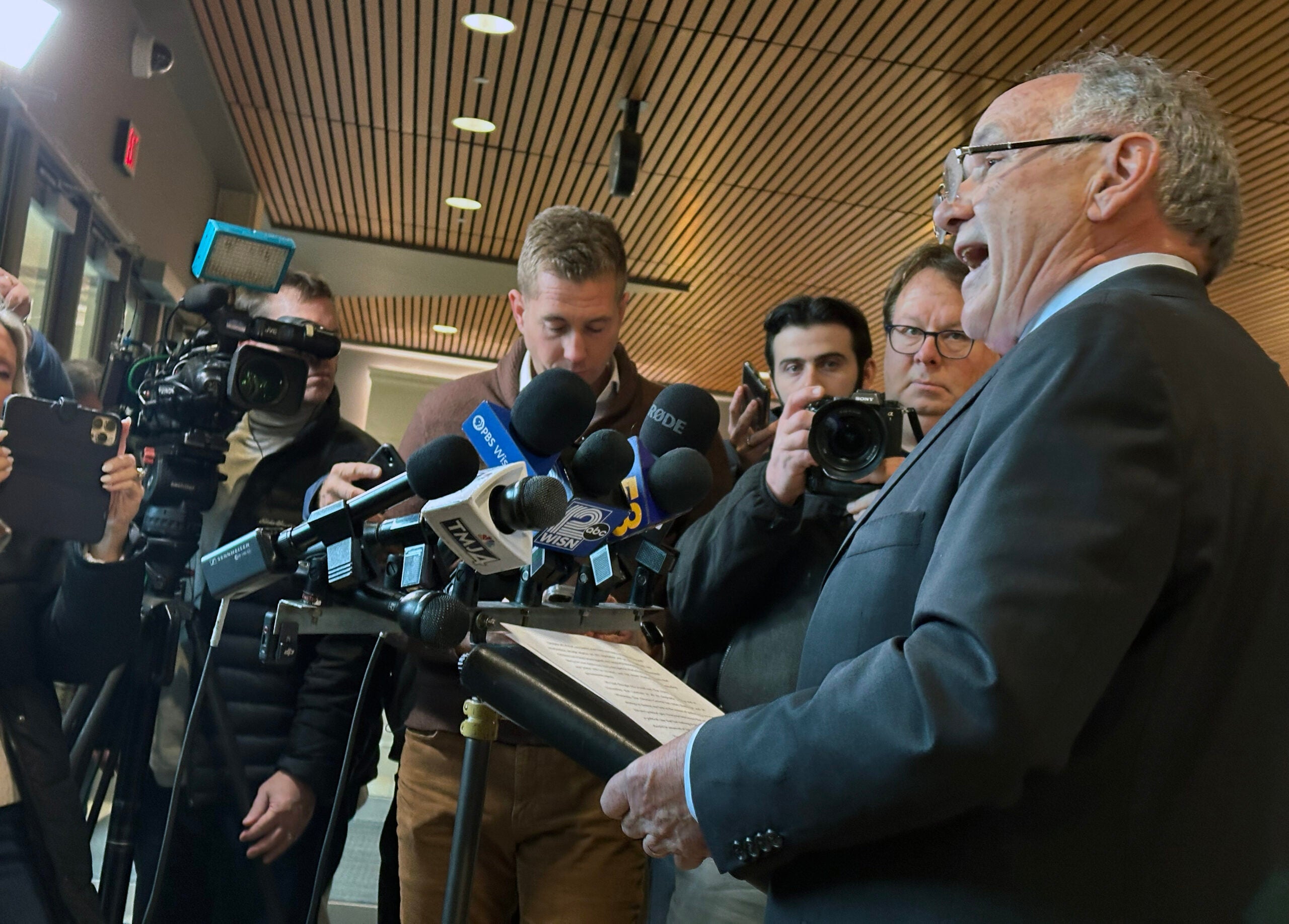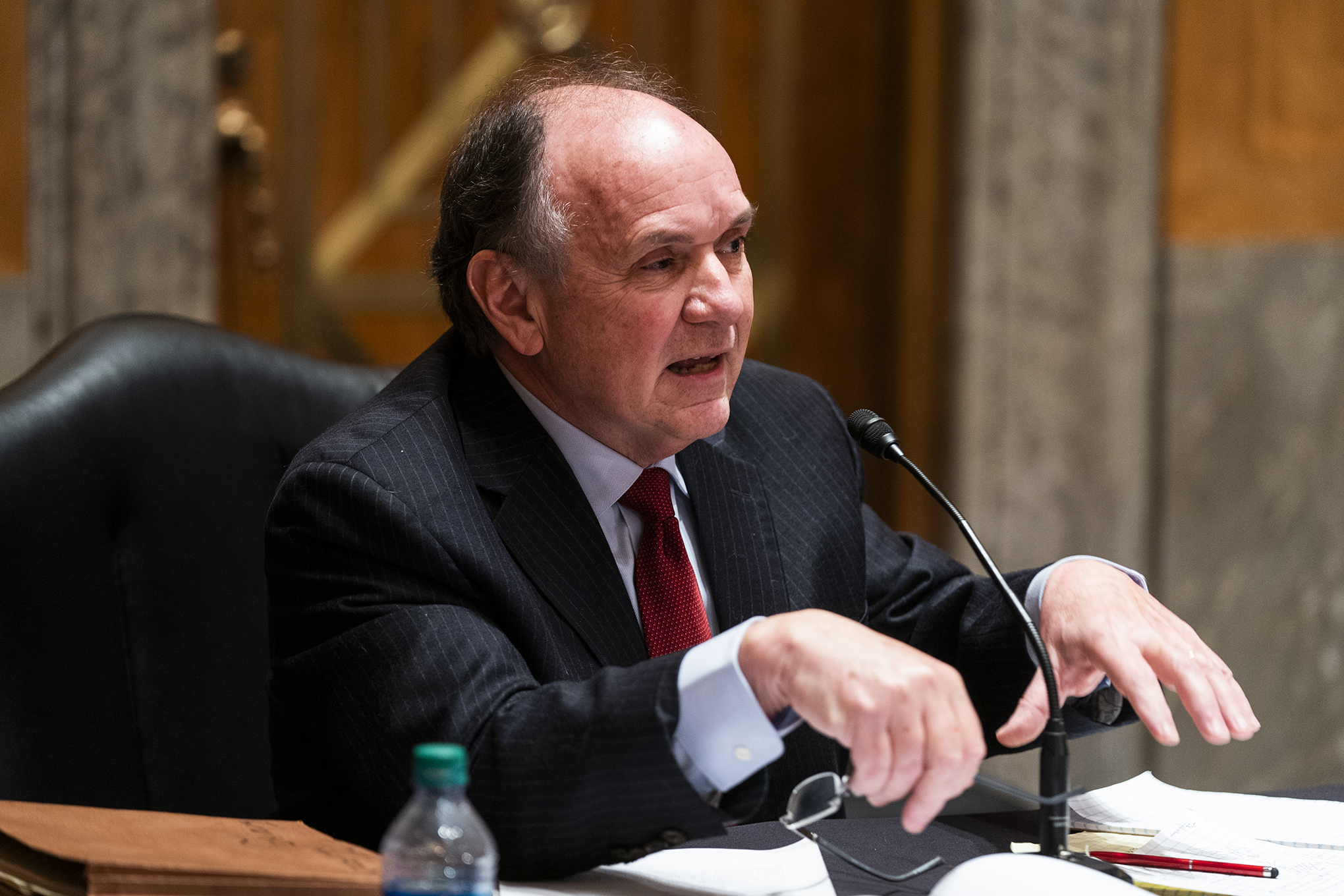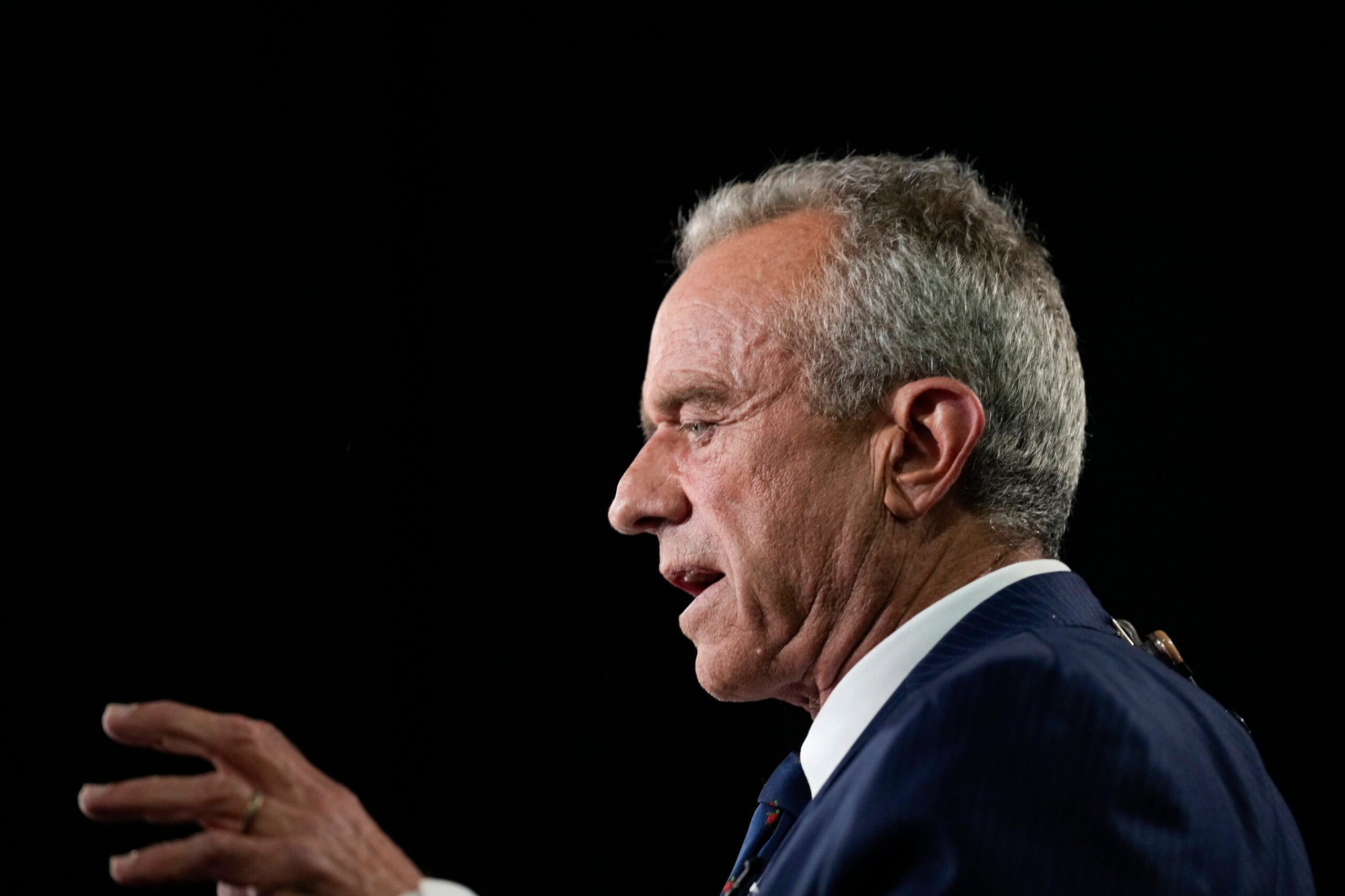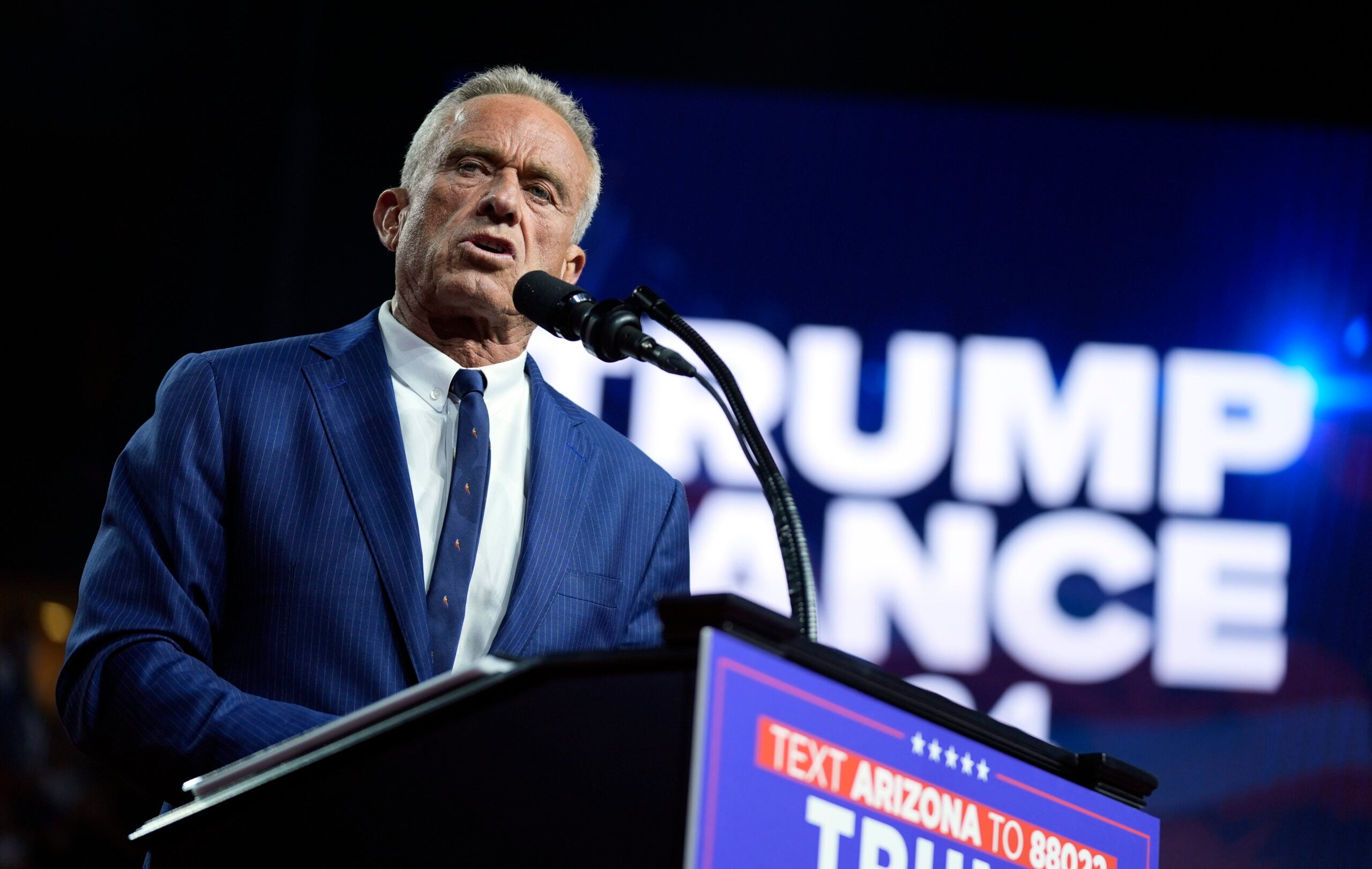Wisconsin Republican U.S. Sen. Ron Johnson has joined 10 other senators in vowing to reject presidential electors from “disputed states” when Congress meets to count electoral votes on Jan. 6, unless there is an audit of election results.
In a joint statement from Sen. Ted Cruz, R-Texas, the group cites “unprecedented allegations of voter fraud, violations and lax enforcement of election law, and other voting irregularities” as reason to challenge electors while calling for an Electoral Commission to conduct an emergency audit of presidential votes.
Johnson’s office did not respond to an interview request made by WPR.
Stay informed on the latest news
Sign up for WPR’s email newsletter.
The statement said there is a “long precedent” of Democratic members of Congress objecting to presidential election results and specifically mentions instances in 1969 and 2005. But the most direct precedent, according to Cruz’s joint statement, was the contested presidential election of 1877.
The joint announcement states that allegations of voter fraud in the Nov. 2020 election “are not believed just by one individual candidate” and that even if other members of Congress — including Republicans — disagree, an investigation should be conducted.
“Congress should immediately appoint an Electoral Commission, with full investigatory and fact-finding authority, to conduct an emergency 10-day audit of the election returns in the disputed states,” said the statement. “Once completed, individual states would evaluate the Commission’s findings and could convene a special legislative session to certify a change in their vote, if needed.”
The joint statement ends by saying the group’s effort is an attempt to “protect the democratic process.” But it notes that the signatories are “not naive” and fully expect most Democrats and “perhaps more than a few Republicans” to vote differently.
According to the Congressional Research Service (CRS), if at least one member of the U.S. House of Representatives and U.S. Senate make a formal objection to electoral votes, “no votes or papers from any other State shall be acted upon until the objections previously made to the votes or papers from any State shall have been finally disposed of.”
When formal objections are made, the House and Senate will meet separately to debate the objections, according to the CRS. Unless a majority of members in both houses vote in support of the objection, it “fails and the vote or votes are counted.”
Wisconsin Public Radio, © Copyright 2025, Board of Regents of the University of Wisconsin System and Wisconsin Educational Communications Board.
